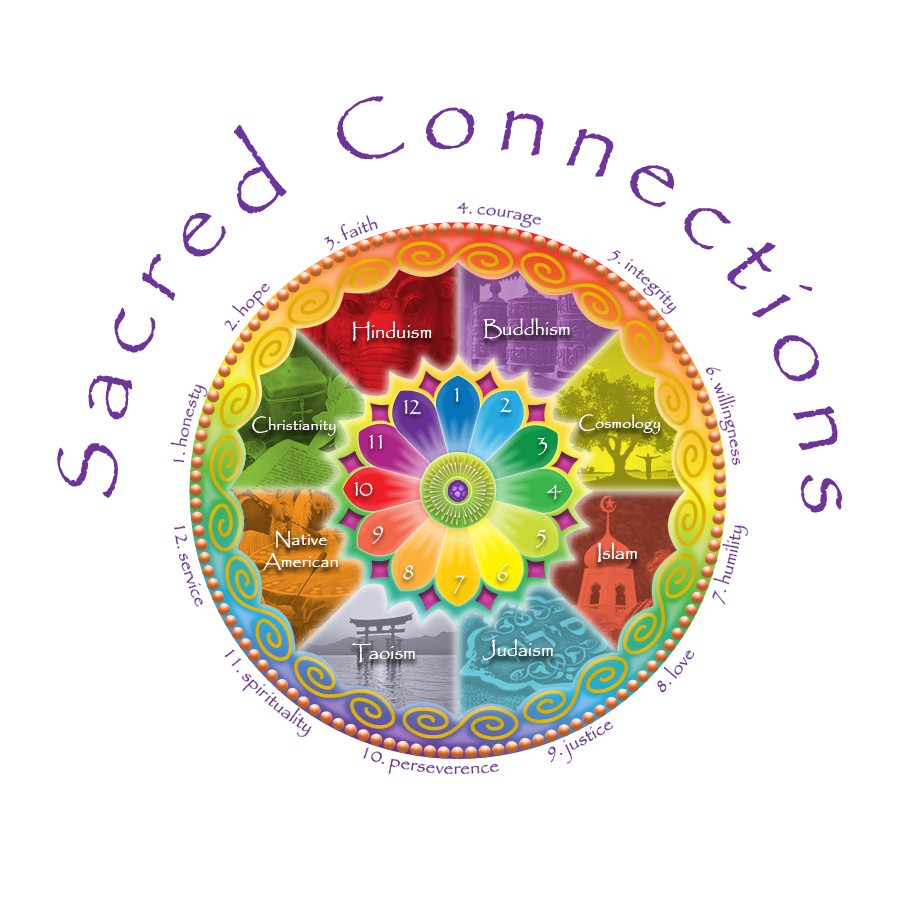Judaism and the 12 Steps
The Old Testament is the book of the Jewish people and their history. The Torah is the first five books of the Bible given directly to Moses by God which define the Jewish laws. This is much like the first 164 pages of the Big Book of A.A. which defines The Problem, The Solution and How it Works. The Nevi’im are the twenty-one books of the Prophets that record the history of the people with the purpose of reminding them of their relationship to God. These are similar to the stories in the Big Book of A.A. which describe the power of addiction in peoples’ lives and their various paths to finding recovery. The major themes of these two books are also parallel. In the Jewish bible God never ceased to be as present for human beings as they were ready to receive His presence. In A A., the power of those in the program never cease to be a resource and a source of hope and assistance for those who seek help.
Hear, O Israel, the Lord our God is one. You shall love the Lord your God with all your heart, with all your soul, with all your might. These words which I command you on this day shall be in your heart. You shall teach them diligently to your children. You shall talk about them at home and abroad, night and day. You shall bind them as a sign upon your hand and they shall be as frontlets between your eyes and you shall inscribe them on the doorposts of your homes and upon your gates.
Deuteronomy :4-9
Through Moses God proposed to Israel a covenant which was described by Nobel Laureate Elie Wiesel. “Think about it. God decided for the first and last time…to reveal himself….You would expect God to give you a lecture on theology at least. Instead…He gave you all kind of commands about human relations: Thou shalt not lie…..Why did he do that? This was the lesson: God can take care of himself. What he had to give man was the dignity of man.” This too is much like the message of the Big Book of AA and the transformative power of the 12 Steps which returns man’s dignity after it has been robbed by the throes of addiction and its degradation.
The way or path of the Jews is best understood in the Ten Commandments which were given to Moses by God on the top of Mt Sinai. They represent the ten steps of Judaism.
